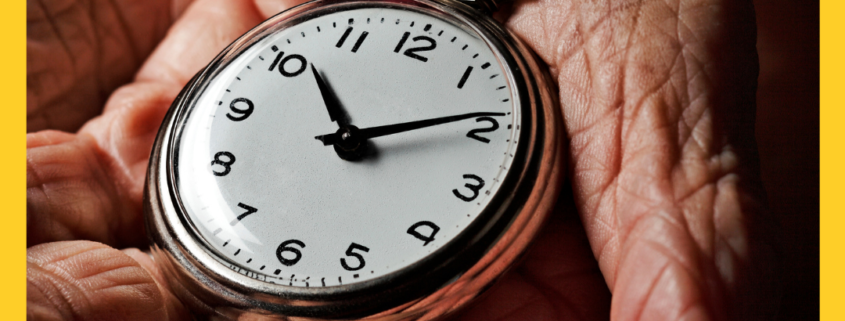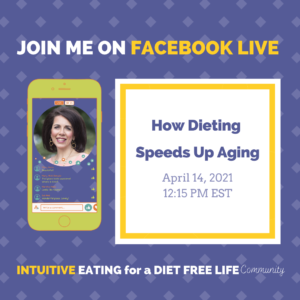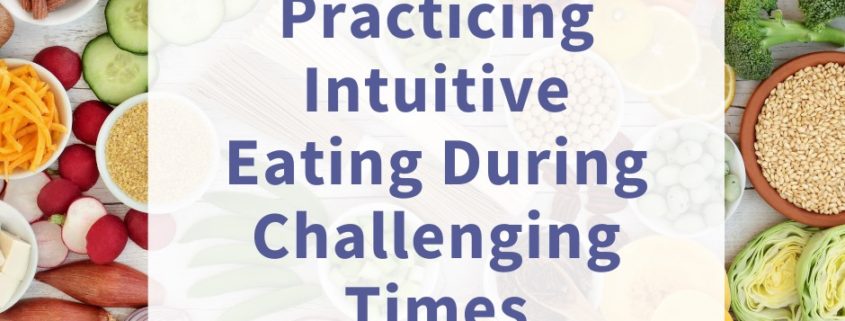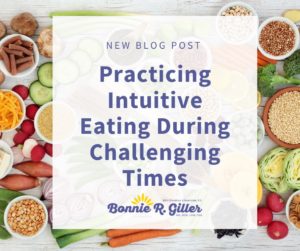How Dieting Speeds Up Aging
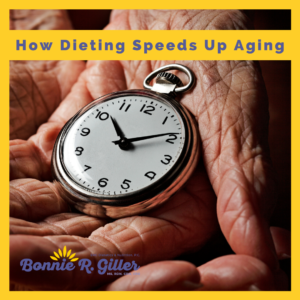 I don’t know about you, but aging “scares” me a little bit. Don’t get me wrong, I am happy to be getting older (certainly better than the alternative, right?). But I’ve always been happy when people say I don’t look my age. So, I’m all for doing what I can to healthfully slow down the aging process.
I don’t know about you, but aging “scares” me a little bit. Don’t get me wrong, I am happy to be getting older (certainly better than the alternative, right?). But I’ve always been happy when people say I don’t look my age. So, I’m all for doing what I can to healthfully slow down the aging process.
There are many things that can speed up the aging process. Some of those things include sleep deprivation, stress, and smoking just to name a few. But one thing that you may not realize is that ….
DIETING speeds up aging!
Many people diet to feel and look younger, but constant yo-yo dieting actually speeds up the aging process.
So how does this happen? Let me explain.
Stress!
Chronic dieting, calorie counting, tracking food, points, weighing and measuring, worrying about “what I ate”, “what I am eating”, and “what I will eat” causes stress!
PLUS, the body worry that comes with dieting…oh my, it’s a lot to handle.
“How do I look”, “am I the biggest one here”, “I hate my body”, sound familiar?
Body worry fuels the dieting cycle and it all causes immense stress on the body. And, stress causes inflammation in the body, which breaks down the body.
3 Ways Stress Causes Aging:
1. Stress triggers the fight or flight response. What happens in the fight or flight response is initially, epinephrine is released which causes an increase in heart rate, blood glucose, and blood pressure. Blood is being pushed to the muscles and heart and you’re breathing more rapidly, all so you can either fight or flee.
Then, with continued stress, cortisol, another stress hormone, is released which increases fat storage, fatty tissue buildup and weight gain, increased appetite, and cravings for sugary and fatty foods.
As you stay in a chronically stressed state, it wears your body down over time.
The increased epinephrine causes damage to blood vessels and arteries, increasing blood pressure, and increasing risk of heart attack and stroke.
The increased cortisol continues to cause the body to store more fat, increasing appetite, and cravings for sugary and fatty foods.
It also increases the risk of osteoporosis and weakens the immune system.
All these things speed up aging.
So, if you are chronically dieting, yo-yo dieting, and spending a large percentage of your day thinking and worrying over food and your body, this is causing a chronic stress situation.
2. Stress affects your DNA. Scientists measure the rate at which we age by examining the length of our telomeres, regions found at the end of our chromosomes that naturally diminish as we age.
Recent research has found that certain lifestyle factors affect the rate at which our telomeres shorten. I’m speaking specifically about stress. As our level of stress and exposure to cortisol rises, the more quickly our telomeres shorten, aging us prematurely.
And guess what raises cortisol? Dieting. The combined effort of counting calories and restricting calorie intake increases your cortisol, which not only makes your body hold onto fat and prevent weight loss, but also causes your body to age more rapidly!
3. Stress increases the production of free radicals. Free radicals are created by exposure to things such as smoking, pollution, sun exposure, alcohol, as well as happen naturally. These free radicals cause an inflammatory response in your body.
Restrictive eating, a.k.a. dieting, limits your intake of different foods, depending on which diet you are following (because we know diets often contradict each other), which limits the ingestion of antioxidants which are substances that help reduce the free radicals and therefore the inflammation.
Chronic dieting, restriction, food fear, food worry, and body worry, all lead to chronic stress which increases inflammation in the body, and thus speeds up aging and risk of chronic health conditions.
You ready to stop dieting? Download my free eBook to get started!
And join me LIVE today to delve deeper into how dieting speeds up aging. It’s all happening in my Facebook Group.

